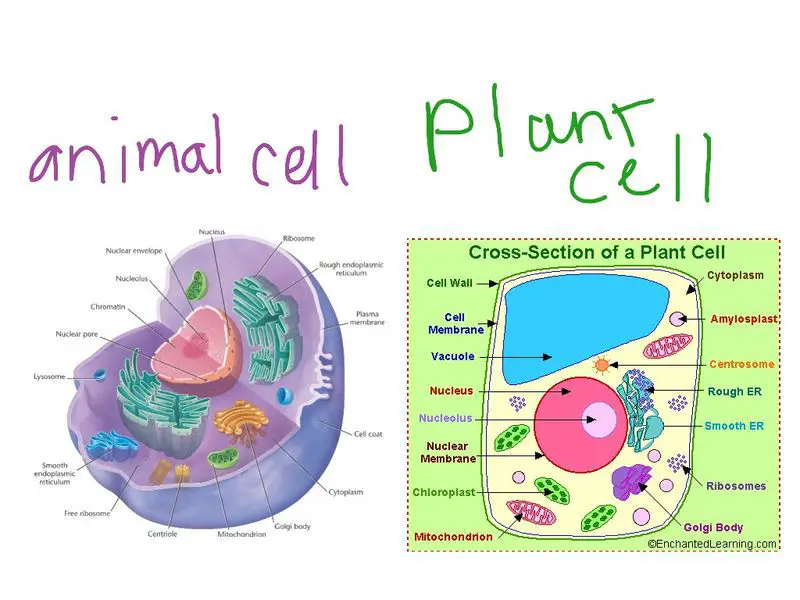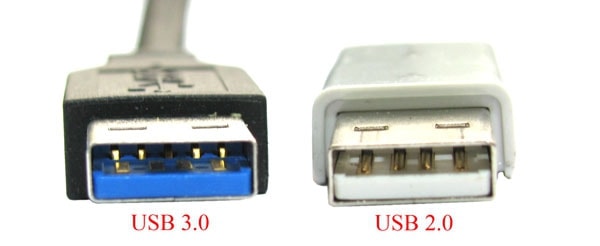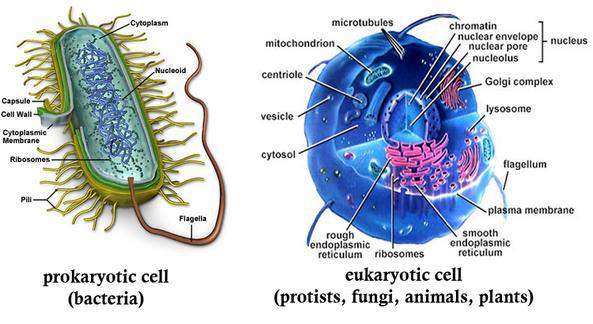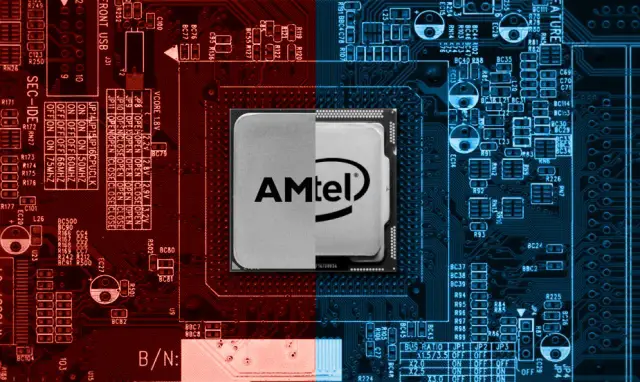Hardware Vs. Software: What Are The Main Differences?
The difference between hardware and software can be quite difficult to understand for those who aren’t exactly tech-savvy. Whether you’re one of them or you just need a reminder, stay with us and you will be glad you did.
While these two terms seem to be antithetic, one would be basically pointless without the other – you wouldn’t even be able to read this now without your computer having both types of components. Let’s analyze each of these systems in more detail and see what differentiates them.
Hardware
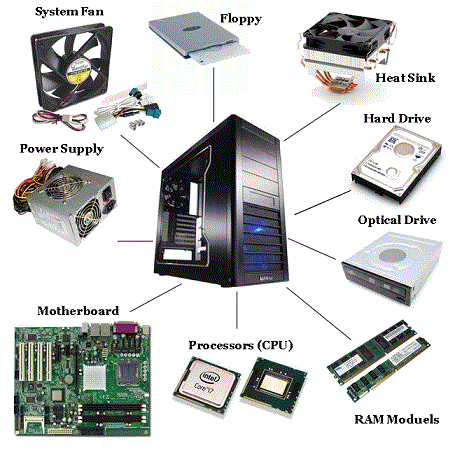
Hardware is the “physical” part of a computer, encompassing all components that you can see, touch and handle, such as the hard drive, DVD player, screen, keyboard, USB ports, cables, CPU, motherboard, video card, storage devices, and so on. Without hardware, a computer would not be able to function, and there would be nothing for the software to run on.
Software

The biggest difference between software and hardware is in physicality. Software includes the non-physical elements of a computer, those that you cannot touch, such as any programs and procedures that perform some sort of task on the computer.
Basically, software is a set of instructions (code) that are meant to change the hardware’s state in a certain sequence. Your operating system is software, and so are the latest games you may have downloaded, your media player, and your antivirus.
Hardware will need software to be able to run properly and for you to “communicate” with your computer. While you can say hardware is like the body of a computer or its organs, software is the mind or the soul.
Difference Between Cyber Security and Information Security
The Differences between Hardware and Software
You now hopefully understand the two terms a little better. Let’s dig even deeper and see exactly where the difference between software and hardware lies. Check out the table below for a clear comparison:
Hardware |
Software |
|
|
|
Software is built through coding, through a programming language (ex – Apache Storm or Spark). |
|
|
|
|
|
|
|
|
|
|
As you can see, it’s actually easy to make the difference between hardware and software once you know a few key characteristics. Subscribe to our newsletter to get answers to other questions you may have, be them regarding IT, psychology, biology, religion, or any other topic.

